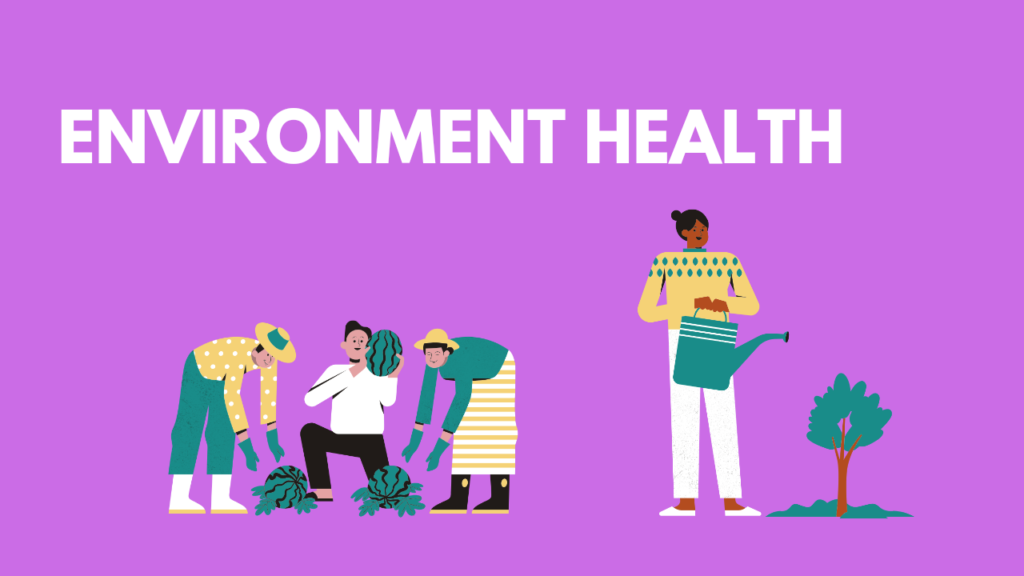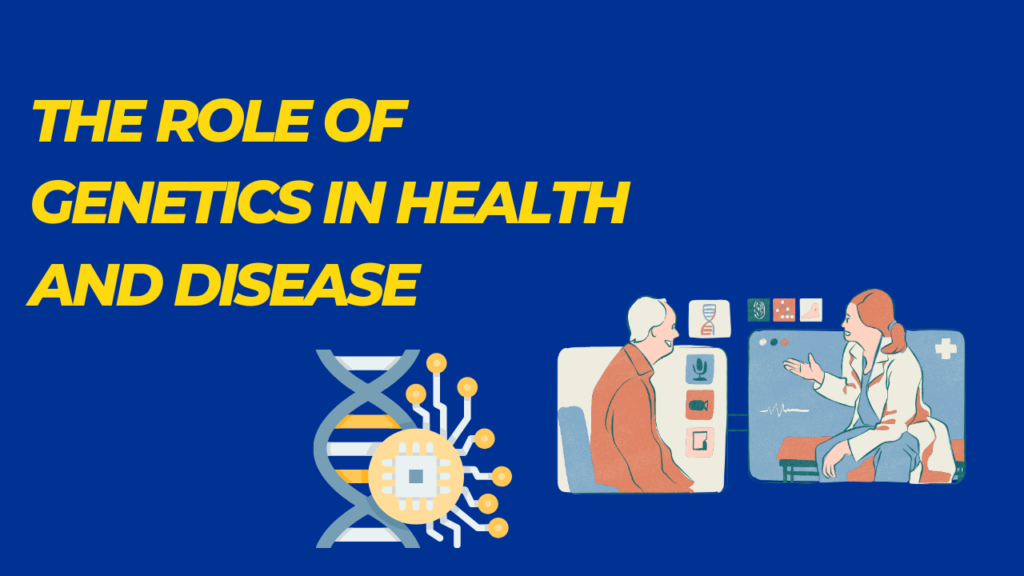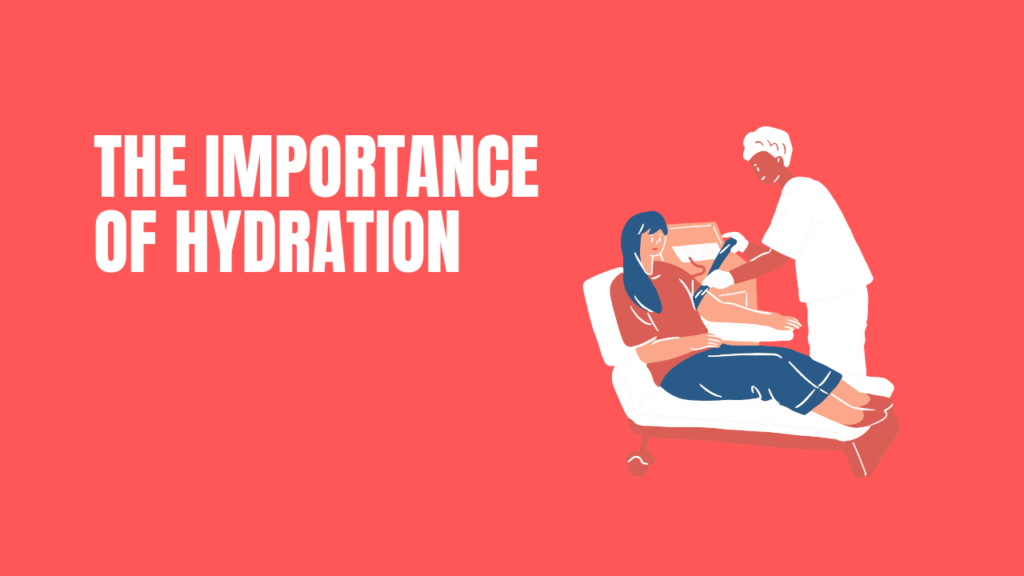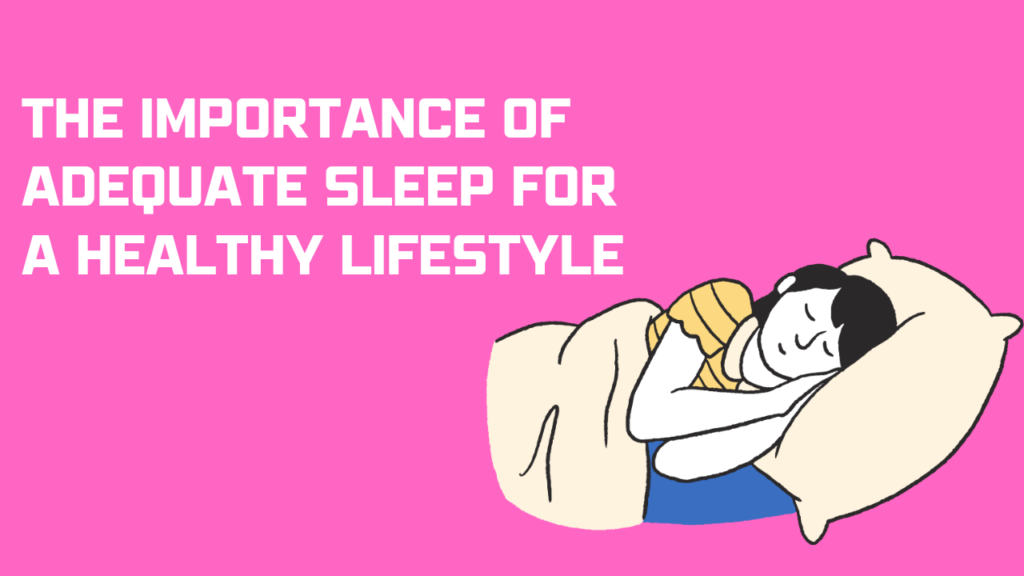Impact of Shift Work on Sleep
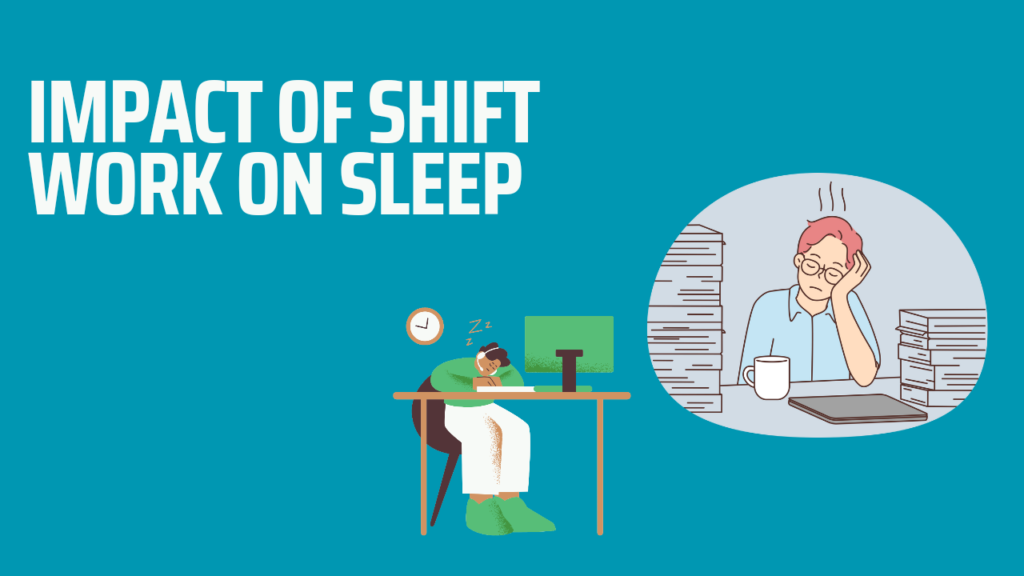
“The Impact of Shift Work on Sleep” is a relevant and significant topic, addressing the challenges faced by individuals working non-traditional hours. Here are key points to consider when exploring this topic:
- Circadian Rhythm Disruption:
- Discuss how shift work disrupts the body’s natural circadian rhythm, leading to difficulties in falling asleep and staying asleep during non-traditional hours.
- Sleep Quality and Quantity:
- Explore how shift workers often experience poorer sleep quality and may not achieve the recommended amount of sleep, which can have implications for their overall health.
- Health Consequences:
- Examine the potential health consequences associated with shift work, including an increased risk of cardiovascular diseases, metabolic disorders, and mental health issues.
- Impact on Mental Health:
- Discuss the correlation between shift work and mental health challenges, such as higher rates of stress, anxiety, and depression among individuals with irregular work schedules.
- Performance and Alertness:
- Explore how irregular work hours can affect cognitive performance, reaction times, and overall alertness, potentially leading to safety concerns, especially in certain professions.
- Adaptation Strategies:
- Discuss strategies for shift workers to adapt and improve their sleep patterns, including creating a sleep-conducive environment, establishing a consistent sleep routine, and managing exposure to light.
- Social and Family Impact:
- Examine how shift work can impact social life and family dynamics, as individuals may have difficulty aligning their schedules with those of their friends and family.
- Employer Interventions:
- Explore potential interventions and policies that employers can implement to support shift workers, such as providing nap rooms, flexible scheduling, or promoting awareness about sleep hygiene.
- Personal Coping Mechanisms:
- Discuss personal coping mechanisms for shift workers, including strategies for managing stress, maintaining a healthy diet, and incorporating physical activity into their routine.
- Long-term Effects and Longevity:
- Explore research on the long-term effects of prolonged exposure to shift work and its potential impact on overall longevity and quality of life.
Understanding the challenges associated with shift work and implementing strategies to mitigate its impact on sleep can contribute to the well-being of individuals in various professions. It’s an important area of study, considering the prevalence of non-traditional work schedules in today’s globalized and 24/7 economy.
“The Impact of Shift Work on Sleep” is a relevant and multifaceted topic. Here’s an overview that you can expand upon:
- Circadian Rhythm Disruption:
- Explain how shift work, especially night shifts, can disrupt the body’s natural circadian rhythm, affecting the sleep-wake cycle and overall physiological processes.
- Sleep Quality and Quantity:
- Discuss studies and findings that show how shift work often leads to poorer sleep quality and a higher likelihood of sleep deprivation due to irregular work hours.
- Health Consequences:
- Explore the health implications of disrupted sleep patterns, including an increased risk of chronic conditions such as obesity, diabetes, cardiovascular problems, and mental health issues.
- Impact on Mental Health:
- Discuss the relationship between shift work and mental health, highlighting the increased risk of anxiety, depression, and mood disorders among those working irregular hours.
- Strategies for Coping:
- Provide practical tips and strategies for individuals engaged in shift work to help manage their sleep better, including creating a sleep-conducive environment, strategic napping, and maintaining a consistent sleep schedule when possible.
- Social and Family Impact:
- Explore how shift work can affect social and family relationships due to the misalignment of work hours with typical social and family activities.
- Productivity and Performance:
- Discuss the impact of sleep disruptions on job performance, cognitive function, and overall productivity in the workplace.
- Mitigation Measures by Employers:
- Highlight how employers can implement policies and practices to minimize the negative effects of shift work, such as offering flexible schedules, providing rest areas, or considering rotating shifts more thoughtfully.
- Adaptation Strategies:
- Discuss potential strategies for individuals to adapt to shift work more effectively, such as gradually adjusting sleep schedules before starting a night shift or seeking professional advice.
- Long-Term Implications:
- Examine the potential long-term consequences of prolonged exposure to shift work, emphasizing the importance of proactive measures to protect employees’ health.
Understanding and addressing the impact of shift work on sleep is crucial for both individuals working non-traditional hours and employers seeking to promote the well-being and productivity of their workforce.
“The Impact of Shift Work on Sleep” is a relevant and important topic to explore. Here are some key points to consider when discussing this subject:
- Circadian Rhythm Disruption:
- Explain how shift work, especially night shifts, can disrupt the body’s natural circadian rhythm. The circadian rhythm regulates the sleep-wake cycle, and alterations in this cycle can lead to sleep difficulties.
- Sleep Deprivation and Fragmentation:
- Discuss how irregular work hours can result in insufficient and fragmented sleep. Shift workers often struggle to achieve the recommended amount of sleep, leading to cumulative sleep debt over time.
- Impact on Physical Health:
- Explore the connection between shift work and physical health issues such as cardiovascular problems, digestive disorders, and an increased risk of chronic conditions like diabetes.
- Mental Health Consequences:
- Examine the impact of shift work on mental health, including increased stress, anxiety, and depression. Irregular sleep patterns can contribute to mood disturbances and cognitive impairments.
- Increased Risk of Sleep Disorders:
- Discuss the higher prevalence of sleep disorders, such as insomnia and sleep apnea, among shift workers. Explore how these disorders can further exacerbate the challenges of obtaining restful sleep.
- Productivity and Safety Concerns:
- Address how sleep-deprived shift workers may experience reduced productivity and an increased risk of workplace accidents. This is particularly relevant in professions where alertness is crucial, such as healthcare or transportation.
- Strategies for Coping:
- Provide practical tips for shift workers to cope with sleep challenges, including establishing a consistent sleep schedule, creating a conducive sleep environment, and using relaxation techniques.


